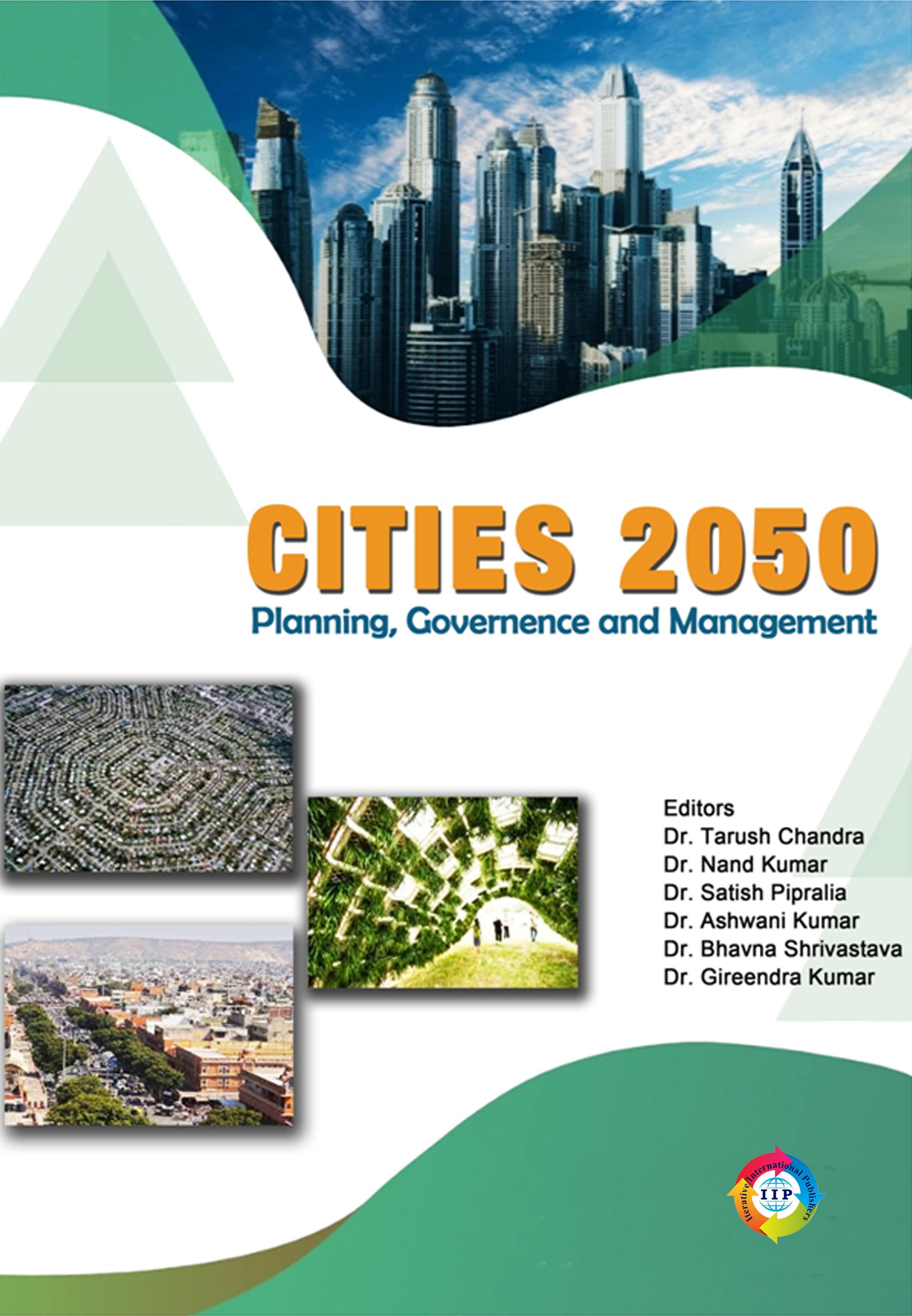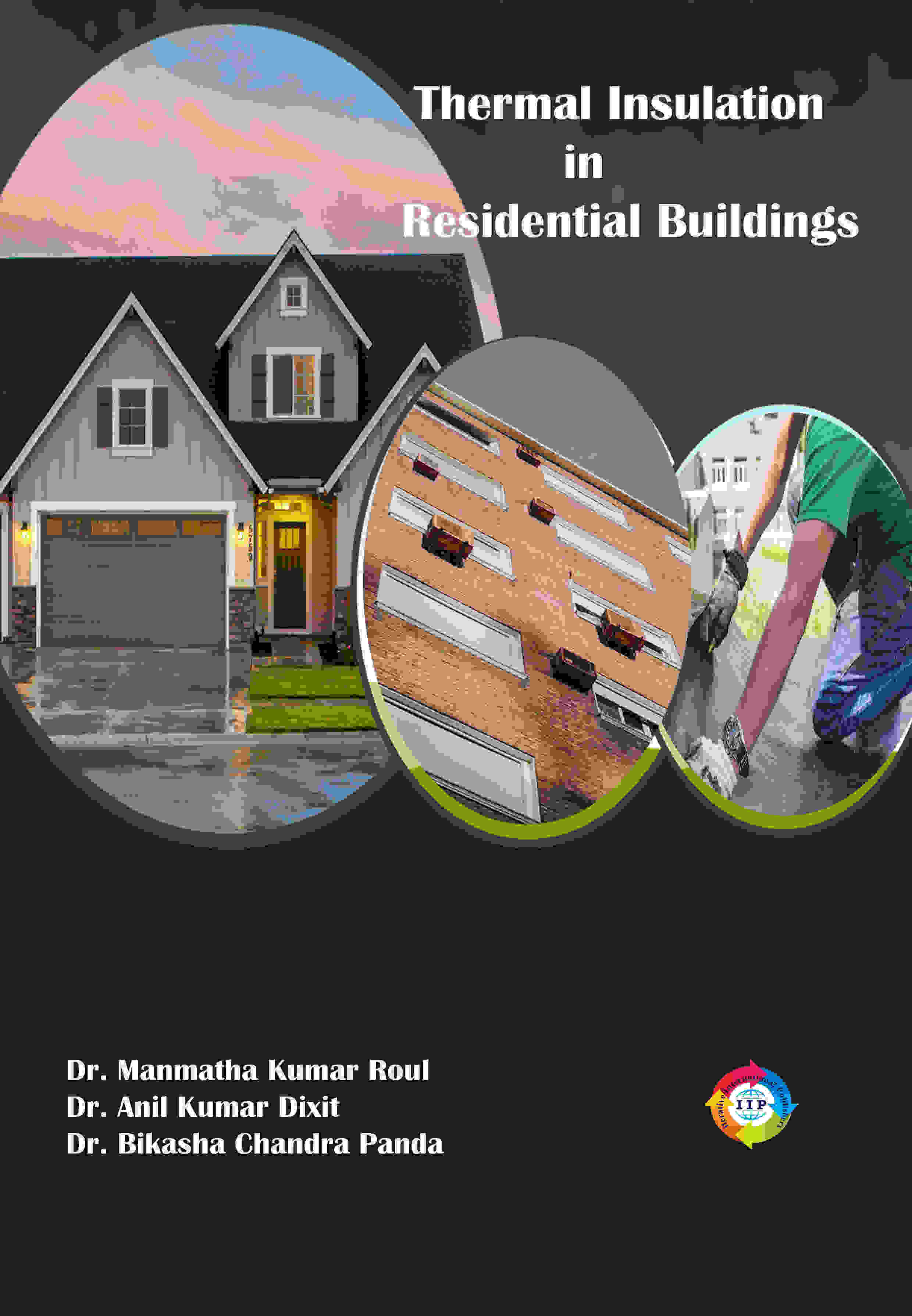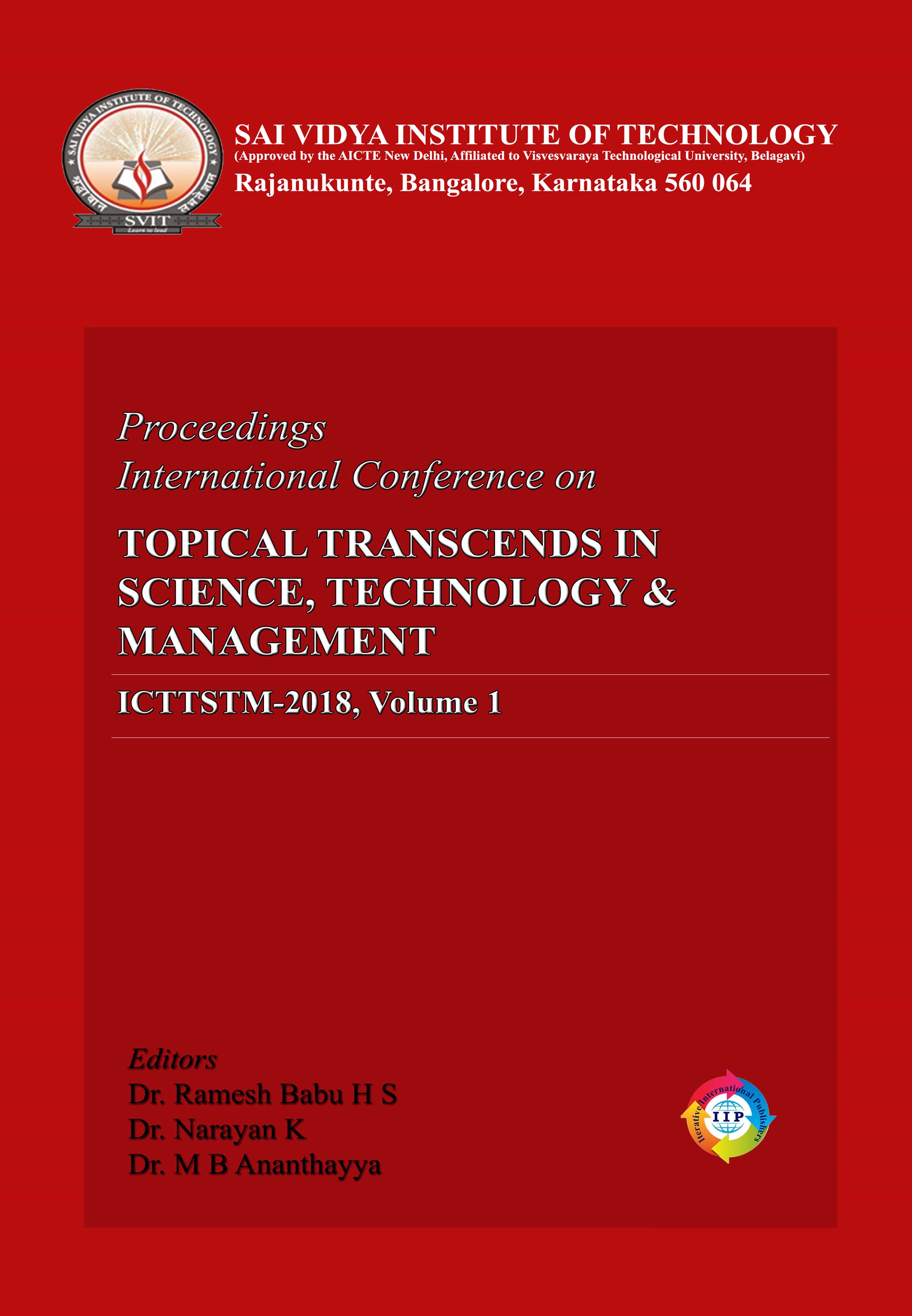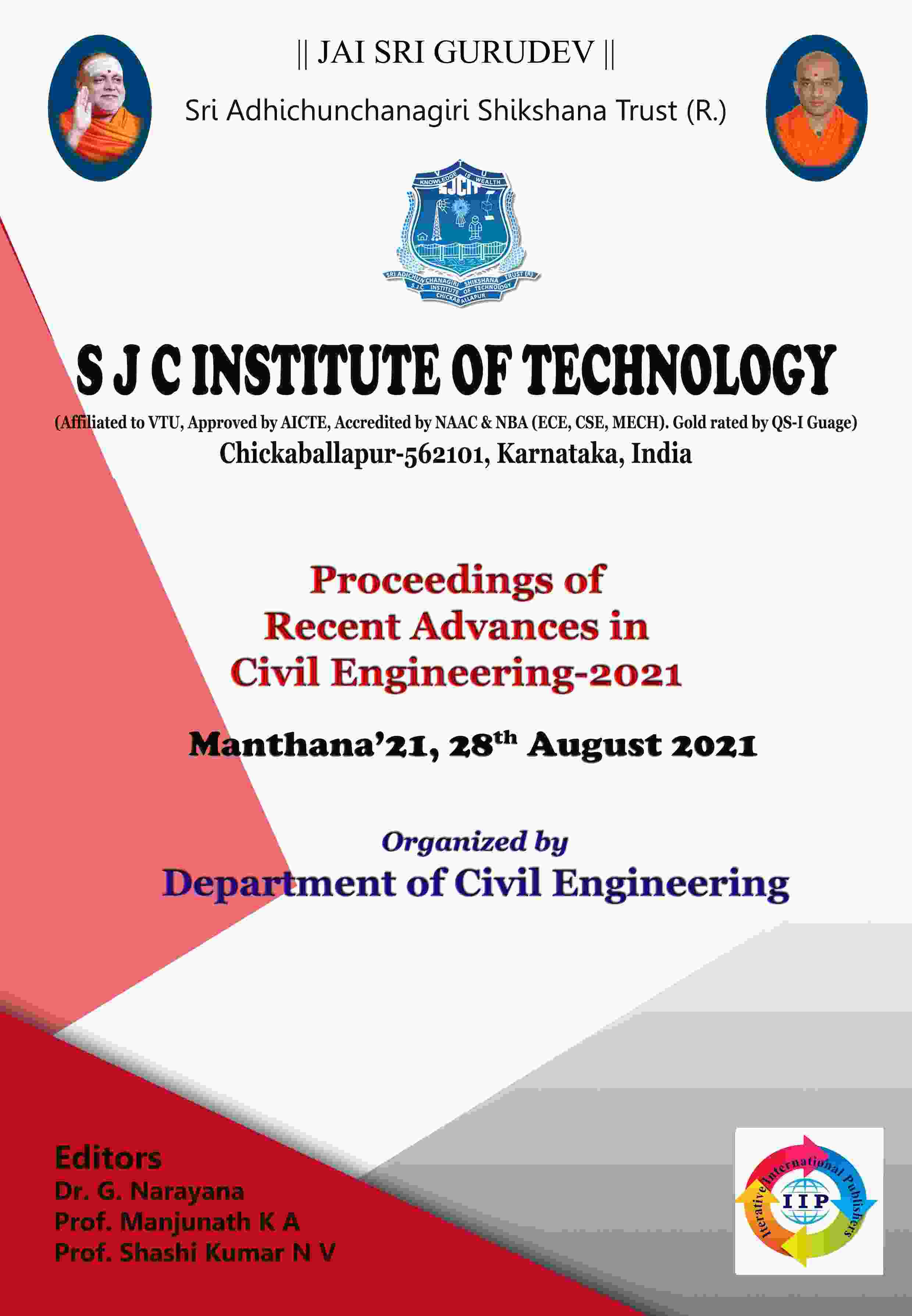
CITIES-2050 PLANNING, GOVERNANCE AND MANAGEMENT
-
TypePrint
- CategoryAcademic
- Sub CategoryConference Proceedings
- StreamCivil Engineering
The utility of planning, governance, and management concepts is vital for the productivity of cities, regions, and nations across the globe, and the conference intended to explore similar perspectives for the future of cities. These conference proceeding plays a vital role to bring together recent research developments in the fields of Architecture, Urban Planning, Urban Design, Landscape Environmental Engineering, and Management. Conference proceedings are sub divided into five themes majoring Theme 1 as City Infrastructure and Transportation Services discussing the City infrastructures are structures and services that act as a basis for the economy and quality of life of a city. Ensuring high quality public services for all in the cities and towns of India is an end in itself, but it will also facilitate the full realisation of India’s economic potential. Under the umbrella of this theme many research articles were received discussing “Need for a Paradigm shift in Historic Preservation” , “Assessing the Impact of Urban density” , “Analyzing the Socio-Spatial dimension of Street Vending” and many more. Theme 2 discussed Planning Strategies including Planning as paramount importance to success of all projects. Urban Planning is a combination of social, economic, environmental, and constructive efforts to make an urban dwelling a good, healthy place to live, work, and to move around. The strategic plan’s goals may include easing transportation throughout the city, creating more community spaces, improving citizens’ quality of life, or encouraging people to visit or move to the city. Strategic urban planning focuses on setting high-level goals and determining desired areas of growth for a city or metropolitan area. Under the umbrella of this theme research articles were received discussing “Framework for assessing the impacts of urban physical characteristics” , “Perspectives on Urban Livability in large and small Indian Cities” , “Analysis of Urban Form to Achieve Sustainable Urban Transformation” and many more. Theme 3 discussed Sustainable Planning as Sustainable urban planning involves many disciplines, including architecture, engineering, biology, environmental science, materials science, law, transportation, technology, economic development, accounting and finance, and government, among others. Sustainable urban planning allows reducing negative impact on the environment, minimizing the natural resources consumption and increasing the utilization of renewable resources and wastes and their minimization, reducing operational costs, x Utilization of green materials in building energy efficient structures with the possibility of their further wasteless recycling. Under the umbrella of this theme research articles were received discussing “Legacy waste management: from garbage to garden case study of Bhopal city, M.P. India” , “Strategies to mitigate the formation of Planning Void by Flyovers” , “Design of Waste Water Collection & Treatment Systems” and many more. Theme 4 discussed Urban Resiliency as Improving city resilience is an important need for urban communities, especially for territories that are most at risk. Although natural or man-made disasters are always tragic, post-disaster recovery and reconstruction can provide a unique opportunity for societies to solve serious structural problems and prevent future suffering for affected populations, leading to increased resilience of local communities. Under the umbrella of this theme research articles were received discussing “Real estate and urban planning” , “Integration of Informal Sector in Urban Fabric” and many more. Theme 4 discussed Built Environment including research articles “Urbanisation-induced Resettlement of Rural People”, “Rampant growth in western Himalayas – a case of himachal Pradesh” and many more. This transition, which will see India’s urban population reach a figure close to 600 million by 2031, is not simply a shift of demographics. It places cities and towns at the centre of India’s development trajectory. Cities will have to become the engines of national development. India cannot afford to get its urban strategy wrong, but it cannot get it right without bringing about a fundamental shift in the mind-set which separates rural from the urban. These conference proceedings helps to researchers to understand the outlook of cities 2050 on a larger scale as a whole.
**Note: IIP Store is the best place to buy books published by Iterative International Publishers. Price at IIP Store is always less than Amazon, Amazon Kindle, and Flipkart.





COMMENTS
No Review found for book with Book title. CITIES-2050 PLANNING, GOVERNANCE AND MANAGEMENT